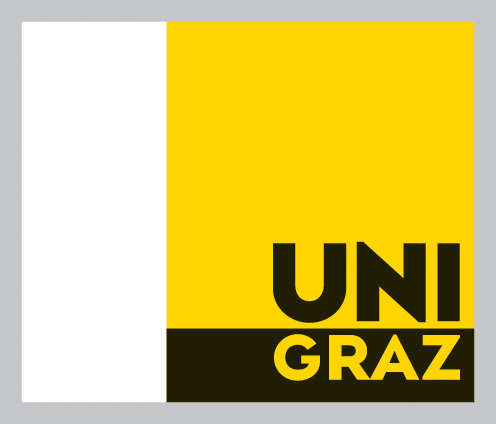Parton Showers and Resummation 2024
HS 05.12
Universität Graz
The aim of the PSR workshop is to bring together the QCD communities involved in analytic resummations and parton shower event generators. The 2024 PSR workshop will focus on new developments both in analytic resummation and parton shower algorithms, as well as the relation between them.
Overview talks include contributions by:
- Andrea Banfi
- Silvia Ferrario Ravasio
- Roman Kogler
- Matthias Neubert
Registration deadline: Registrations and submissions of abstracts will be accepted until May 18th, 2024. Please indicate in the abstract submission if you intend to talk at PSR or the satellite meeting using the "Track" menu in the form. The meeting will take place in person, we do not plan any remote talks.
The core workshop will start on July 2nd, 2024 in the morning and will run until July 4th, late afternoon, with ample time for discussion. It will then be followed by a one-day satellite meeting on hadronization models and hadronization corrections, both in analytic approaches as well as in Monte Carlo event generators. The workshop is jointly organized by Jeff Forshaw, Axel Maas, Simon Plätzer (chair) and Malin Sjödahl.
July 2nd - 4th, 2024: Core Workshop
July 5th, 2024: Satellite Meeting on Hadronization Models and Hadronization Corrections

After registration, payment instructions will be sent to you by email. The conference fee is EUR 140 for the main Parton Shower Resummation workshop, and an additional EUR 20 for the satellite meeting on hadronization. The conference fee includes the venue, coffee breaks, and the workshop dinner. Payments will need to be done by credit card and arrive before May 18th, 2024 latest. We will only consider refunding of fees in very exceptional cases after requests in writing have been directed to the conference organizers. Strictly no refunding is possible after May 18th, 2024.